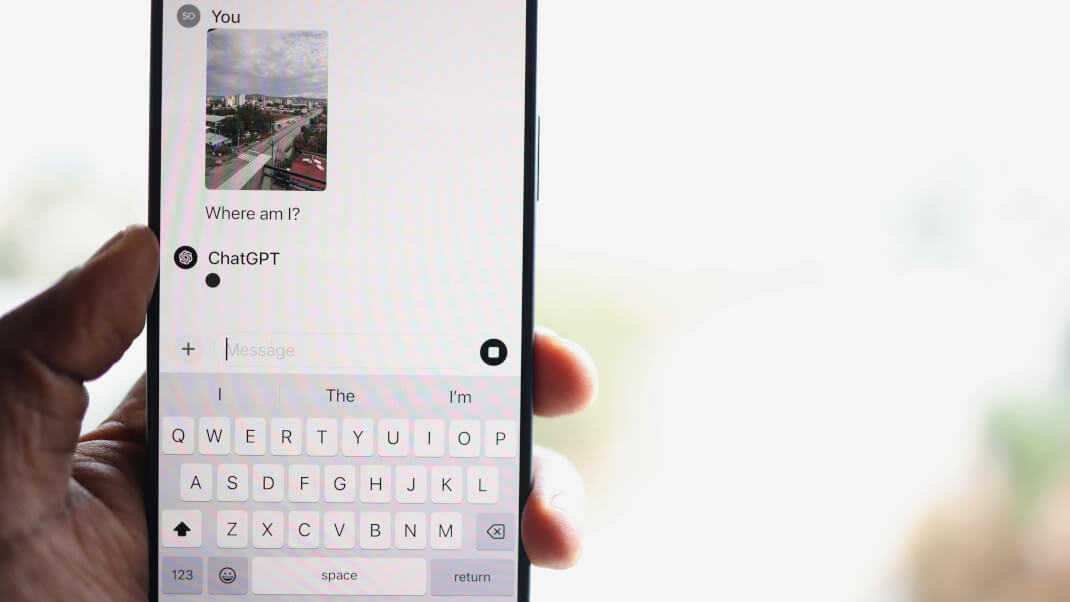
If you’ve ever thought that your existing systems provide all the insights you need, believed that BI is just about generating reports, or assumed that implementing a BI solution is prohibitively expensive, you’re not alone.
NB: This is an article from Demand Calendar
Subscribe to our weekly newsletter and stay up to date
These are some of the most common myths that keep hotels from harnessing the full power of their data. In this blog post, we’ll debunk the three most pervasive BI myths in the hotel industry:
Myth 1: A Siloed System Is Business Intelligence
Myth 2: Business Intelligence Is About Compiling and Sending Reports
Myth 3: Implementing Business Intelligence Is Too Expensive
Whether you’re a hotel owner, manager, or department head, understanding the realities of business intelligence is the first step toward making data-driven decisions that can propel your hotel to new heights. Let’s dive in and discover how dispelling these myths can unlock untapped opportunities for growth and excellence in your hotel.
Myth 1: A Siloed System Is Business Intelligence
In the hotel industry, it’s common to use separate systems for reservations, property management, customer relationship management (CRM), and accounting. Some hoteliers believe that the reporting capabilities within these individual systems equate to a comprehensive BI solution. However, this is a misconception. These siloed systems only provide insights into their specific functions and fail to offer a holistic view of the hotel’s overall performance. Relying solely on these fragmented reports can lead to missed opportunities, inefficiencies, and a lack of coordinated strategy across departments.
What Is the Truth?
True business intelligence integrates data from all internal siloed and external data systems to provide a unified, 360-degree view of hotel operations. A real BI solution consolidates information from reservations, guest feedback, financial data, marketing efforts, rate shopping, benchmarking, and more. This integrated approach enables hoteliers to uncover correlations and trends that aren’t visible when data remains isolated. By breaking down silos, hotels can make more informed decisions that enhance guest satisfaction and drive revenue growth.
Benefits of Using a Real Business Intelligence Solution
- Comprehensive Insights: A BI tool, like Demand Calendar, aggregates data from all hotel systems, providing a complete picture of the hotel’s performance.
- Improved Decision-Making: Access to integrated data allows for strategic decisions based on accurate and up-to-date information.
- Operational Efficiency: Identifies areas where processes can be streamlined, reducing costs and improving service delivery.
- Enhanced Guest Experience: Combines data on guest preferences, feedback, and behaviors to personalize services and increase satisfaction.
- Revenue Growth: Uncovers opportunities for upselling, cross-selling, and optimizing pricing strategies based on comprehensive data analysis.
Myth 2: Business Intelligence Is About Compiling and Sending Reports
Some hotel professionals view BI as merely a tool for generating standard reports on occupancy rates, revenue, or guest demographics, which are distributed to management. This myth reduces BI to a passive function that looks backward rather than forward. It overlooks the dynamic capabilities of modern BI solutions, which go beyond static reporting to provide real-time, actionable insights.




